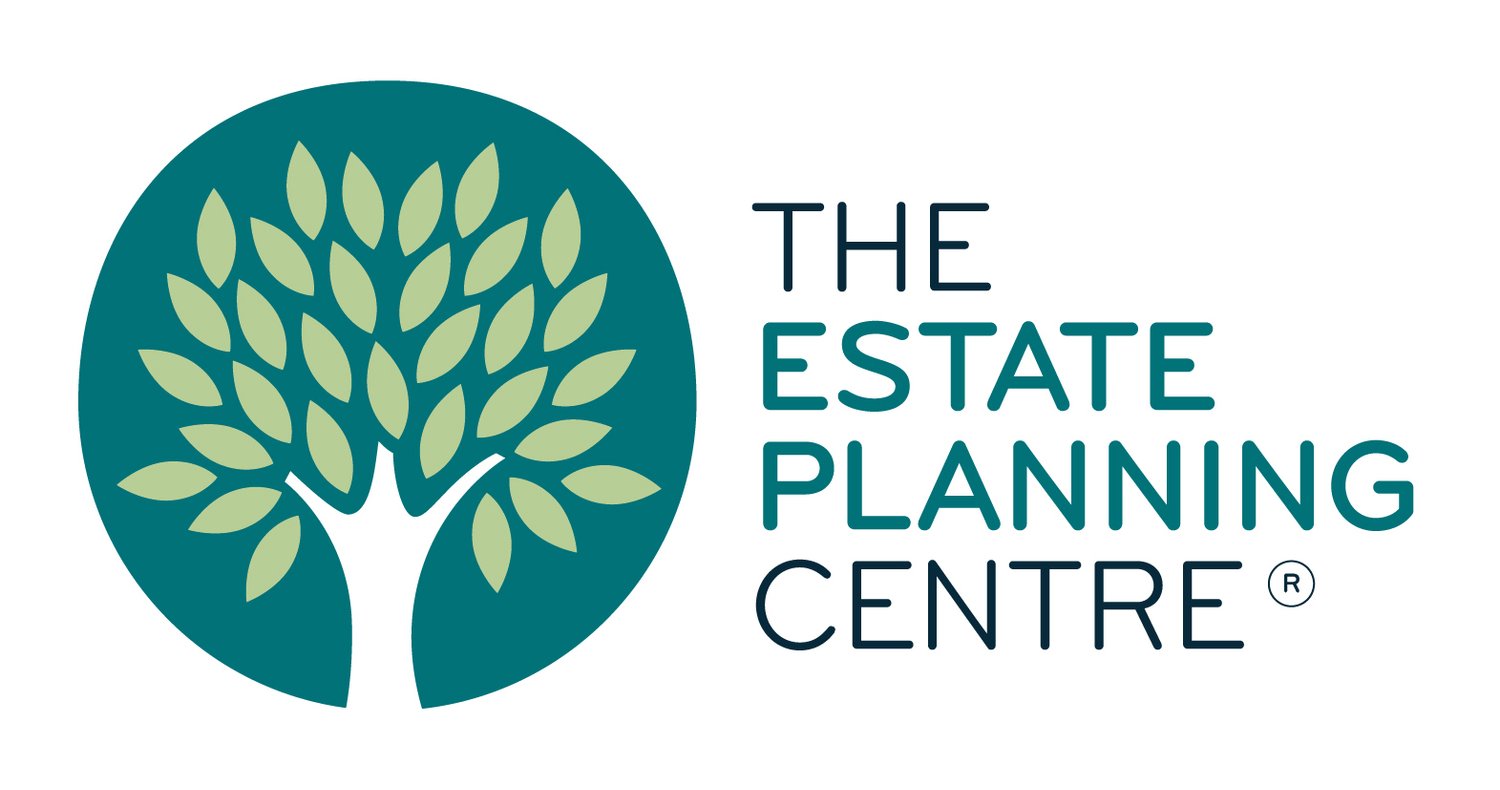Starting the Estate Planning Conversation with Your Family
Talking about the future and what it may bring is not always exciting – sometimes it can be difficult and even upsetting, especially when it comes to talking to your loved ones. However, it’s important to take the time to start the conversation about estate planning with your family so that they can understand your plans, and know what they need to do in the event of your death.
Who can you trust in the estate planning process?
Discussing your plans for your estate can be tricky, particularly when you need to account for any strained relationships. Being wise in the way you choose the people you trust to know your plans, and to be involved in the planning is important. Your estate planning lawyers can help you to think deeply about who you will share sensitive information with and how you can go about it.
If you would like to know more about how to choose people for your estate planning ‘team’, we have a great guide that can help you make these decisions. Download the ‘Name Your Team’ resource today.
Starting the conversation
When starting the conversation with your family, or nominated loved ones, there are three things you should consider discussing with them as you embark on your estate planning journey:
Speak openly about your values, financial goals, and your priorities for your estate. In the event that your loved ones are looking to understand your estate plan without you, it will help them enormously to have heard these things from you so they can have peace of mind that what’s being done is in line with your wishes.
Discuss what you might already have in place – perhaps you haven’t done any planning for the future, or perhaps you had a Will drawn up many years ago. Talking about what you already have in place, and why you’ve decided to update your plan, or why you are embarking on your estate planning journey can help your family understand it, when they might be reluctant to talk about the future.
Explore your options together and where possible, explain your intentions for your estate plan. Explaining what you would like to do with your estate and addressing family expectations can be an invaluable gift for both you and your family.
After you have solidified your estate plan
Signing on the dotted line does not mean you no longer need to communicate with your loved ones. In fact, if all of the above tips are uncomfortable for you, these next two tips are essential and you should be doing this regardless of your plans or your relationship with your loved ones.
Share the contact details of your estate planning lawyers – in the event of your death, your loved ones will need to be in contact with your lawyers to discuss next steps. Providing contact details makes this first step easy in a time when emotions are running high.
Share the location of your estate planning documents. Not everyone files documents in the same way and you should never assume your family will know where to look. Make sure there is someone in your family who knows where to find your important documents.
Life does not always go to plan. You may not always be in a position to communicate important information to your loved ones, which is why it’s even more crucial that you have these conversations now. Don’t leave it to the last minute, causing unnecessary stress for the people you love.
If you’re ready to start planning for the future, you can get in touch with our estate planning Lawyers at The Estate Planning Centre today to start the conversation. We offer video-conferencing consultations via an easy-to-use online booking system, or contact us at (02) 9159 3885.
